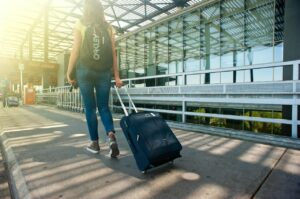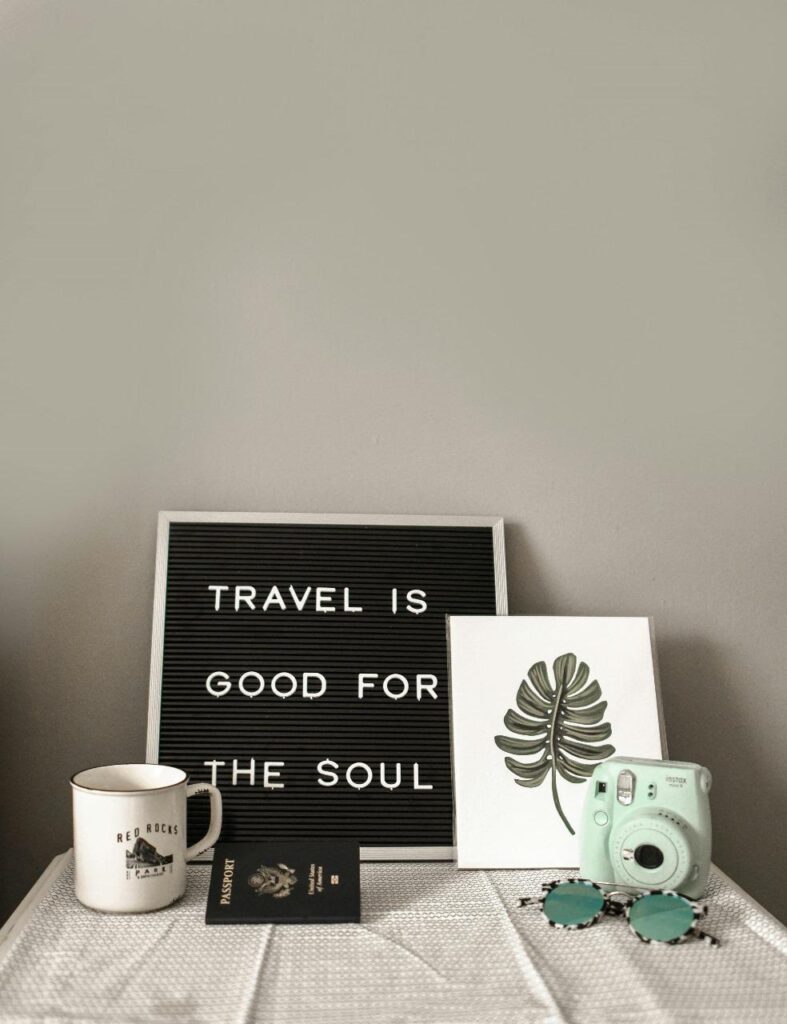
Solo travel has become popular in recent years, as people around the world have enjoyed the unique opportunities which this kind of adventure offers. This can be in the far-flung areas across the globe or only for the weekends around the corner. Solo travelling has offered opportunities that are uniquely provided for self-discovery, mental buildup, and personal empowerment, all toward deep levels of personal development. The psychology of this trend is an expression of growing need for autonomy, introspection, and communion with one’s self-all for profound personal development.
1. Self-Discovery and Personal Growth
Indeed, one of the most important advantages of solo travel is the opportunity for self-discovery. While friends and family members or colleagues do not expect anything from the solo traveler, individual explorations or discoveries of one’s self usually happen to the latter. Indeed, when traveling alone, decisions—whether as minute as what to eat or as large as where to stay—are entirely self-directed, a rare privilege to see action well in line with preference. According to psychology experts, such a type of independent decision-making helps a person clarify his or her values, likes, and dislikes, for a person can only know himself or herself in solitude and usually makes the most important decisions in life when he or she is alone.
In addition, traveling alone promotes self-evolution through getting accustomed to new surroundings, coping with one’s fears, and overcoming the hurdles with one’s own strength. It encompasses all such issues like unexpected delays to learning the basic features of a foreign tongue. According to studies on resilience, coping with the huddles in new environments improves problem-solving skills and increases confidence levels, thus creating a feeling of self-efficacy that may be transferred to other life situations.
2. Psychological advantages of solitude
In a rather highly connected world, solitude is something that has become a relatively rare occurrence. And yet, research does show that time for solitude is somewhat psychologically valuable for creativity, reflection, and emotional health. One such study by the University of Virginia found that even those short moments of solitude allow individuals to work through thoughts and emotions, which then takes them into a state of balance with their mind. Solo travel structures a positive form of solitude that promotes individual reflection and mindfulness. Being in an unfamiliar place alone often challenges travelers to discover themselves, boosts mental clarity, and gives a new lease on life.
More importantly, traveling alone often takes people out of their shell and into an open-minded mental state that is very receptive to new experiences and views. This heightened sense can prove to be therapeutic in nature, helping people process previous experiences and bring back memories with a specific emotional clearness.
3. Self-Reliance and Strengthening
Solo travel also creates a sense of independence and empowerment as they travel alone in foreign places and come across novel cultures. The ability to explore on one’s own showcases a willingness to accept discomfort and uncertainty. Travel psychology experts believe this will make one more resilient and self-sufficient in various ways. Every successful journey adds to the sense of accomplishment and pride, hence making one believe that they can thrive independently. Independence is both psychological and physical since upon returning, the solo travelers’ sense of agency has been strengthened and their mindset empowered.

4. The Trend of Solo Travel and Its Socio-implications
Solo travel gained popularity in recent years especially among millennials and Gen Z. It is partly because of shifting values on independence and self-care while improving access to resources of travel with the development of technology. Social media inspires people to travel alone. Solo travelers post their experiences and advice as to safe and fulfilling journeys. This becomes evident since solo travel has become socially acceptable and an attractive option for a person looking for authenticity and self-empowerment.

Conclusion
Going out to see the world while being solo often transcends the mind and everything that one thinks about, as developing in an individual into psychological well-being, instilling independence, and resilience are some of the deep psychological benefits of solo travel. With this trend on, more and more people have come forward to show off the power of solitude by proving that sometimes the value of the destination is equal to the journey within.



